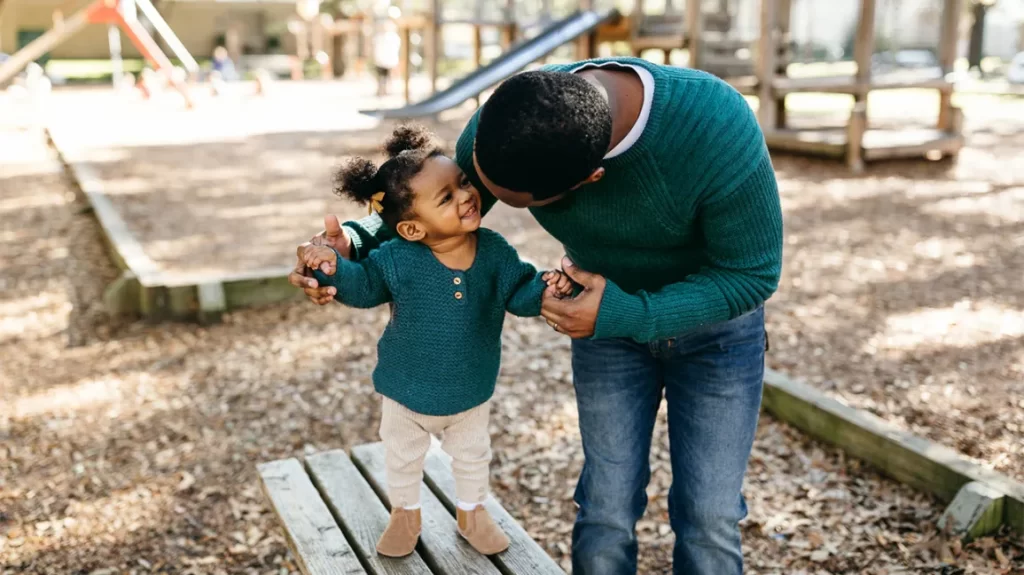
Father playing with his daughter.
As our parents age, it’s natural for our relationship with them to evolve. However, when they enter end-of-life care, the changes can be profound. Here are some ways your relationship with your parents may change during this time:
Role reversal: As your parents become more dependent on others for their care, there may be a role reversal, and you may need to take on more of a caregiving role. This can be a challenging and emotional experience, as you adjust to the new dynamic.
The need for communication: Communication becomes more critical as your parents enter end-of-life care. You will need to have open and honest conversations about their health, their wishes, and their end-of-life care plans. This may be difficult, but it’s essential to ensure their wishes are respected and that everyone is on the same page.
Increased vulnerability: As your parents enter end-of-life care, they become more vulnerable physically and emotionally. This vulnerability may bring up feelings of sadness, fear, and helplessness for you and your parents.
Reflecting on your relationship: As your parents near the end of their life, you may find yourself reflecting on your relationship with them. You may have regrets or feel like there’s unfinished business between you. It’s important to try and resolve any issues or conflicts before it’s too late.
Moments of connection: Despite the challenges, there may be moments of connection and intimacy that you haven’t experienced with your parents before. You may find that you’re able to share more openly and honestly with each other, which can be a beautiful and healing experience.
Coping with grief: The process of caring for a parent at the end of their life can be emotionally draining and difficult. It’s important to take care of yourself and seek support from friends, family, or a therapist. Grief can be a long and complicated process, and it’s essential to allow yourself to feel your emotions and work through them.
Finding closure: When your parent passes away, it’s normal to experience a range of emotions, including sadness, anger, and relief. Finding closure can be a challenging process, but it’s important to give yourself time and space to grieve.
In conclusion, caring for a parent at the end of their life can be an emotionally challenging and complex experience. It’s important to communicate openly and honestly, reflect on your relationship, and take care of yourself. Despite the difficulties, there may be moments of connection and intimacy that can be beautiful and healing. Remember that everyone’s experience is unique, and there’s no right or wrong way to navigate this process.
We provide our elderly and seniors with state of the art personal care and assistance because we are passionate about making their lives healthier,
© 2025 POWERED BY KING OF CMS CONSULTING
Click one of our contacts below to get help on WhatsApp
Designed by King Of CMS Consulting. Click here to visit our page!
